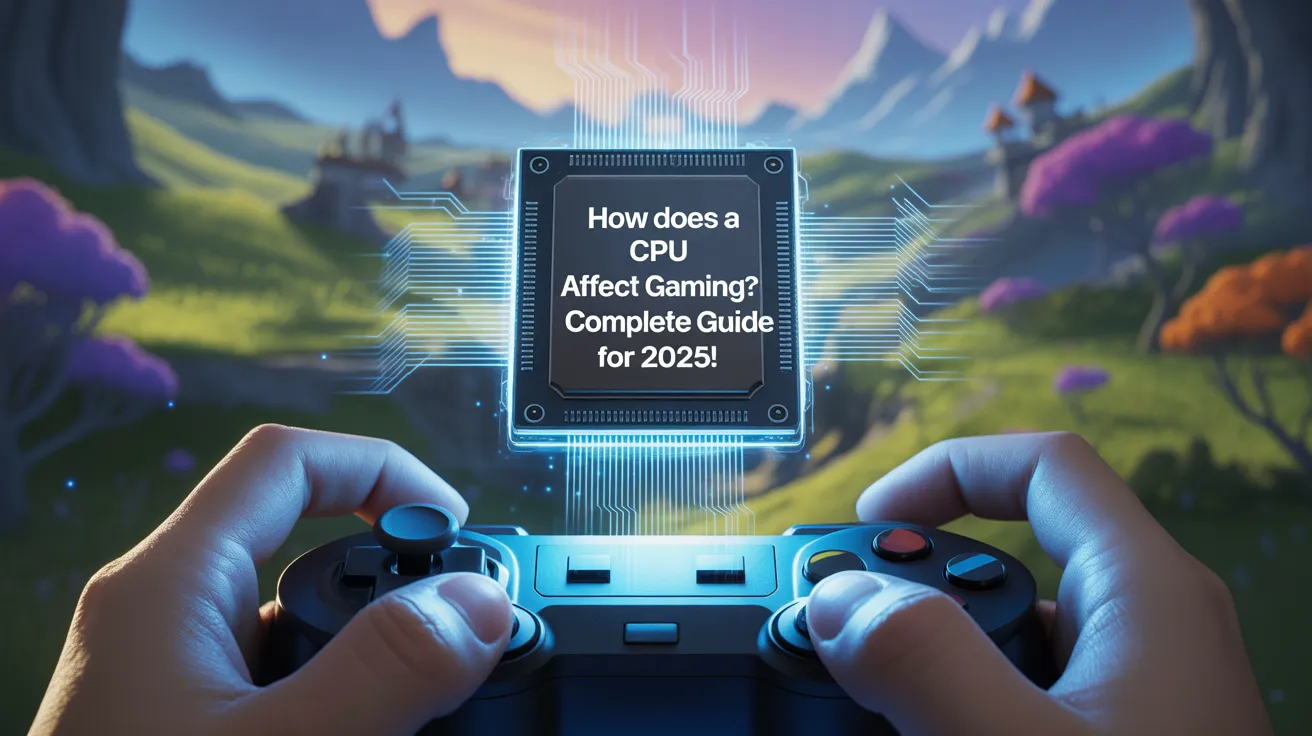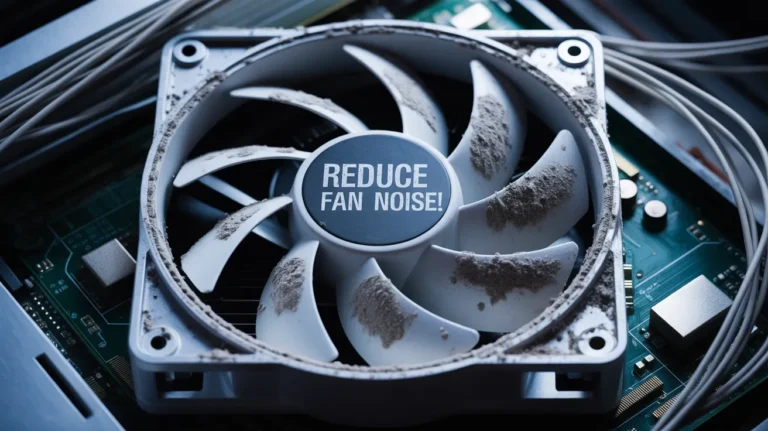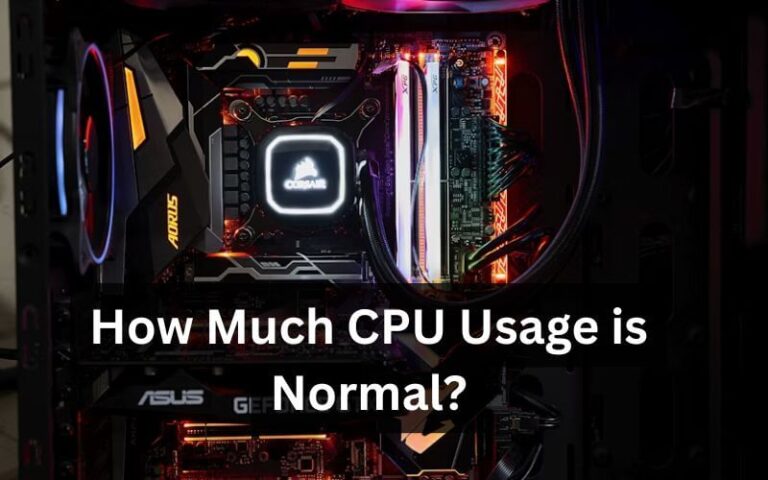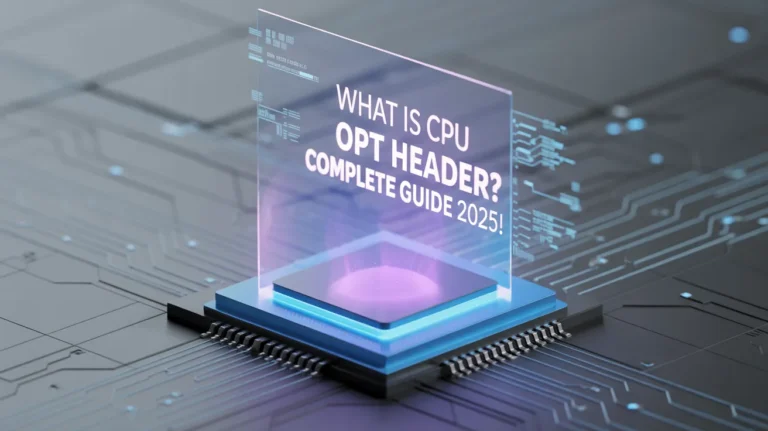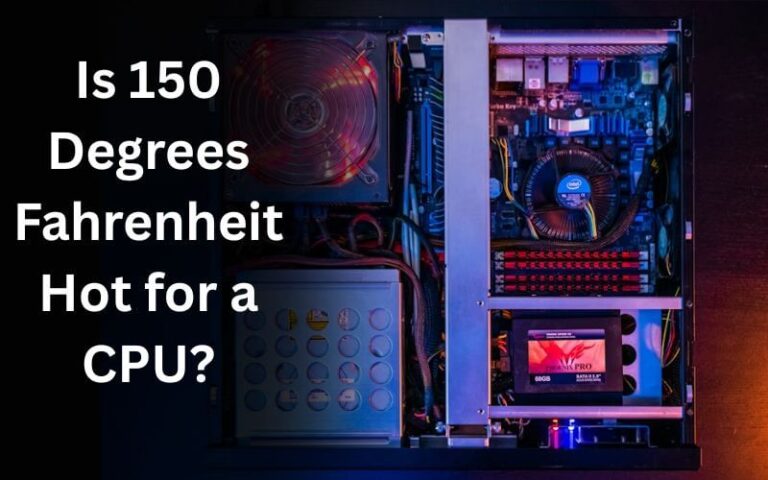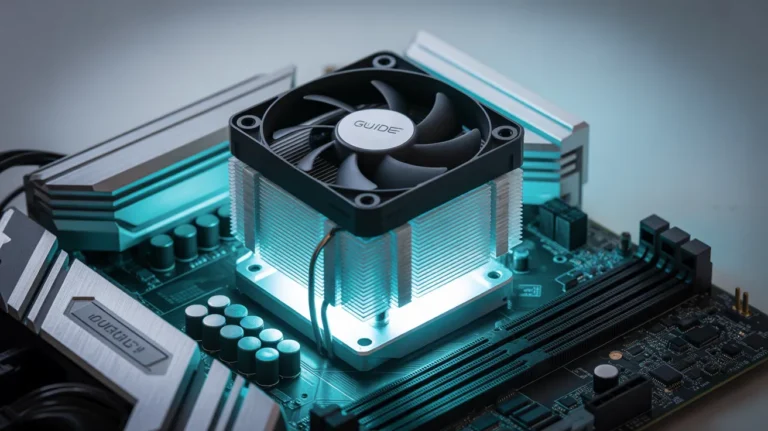How does a CPU affect gaming? Complete Guide For 2025!
A CPU affects gaming by controlling how fast and smoothly your games run. It manages game logic, player actions, and background tasks. A powerful CPU reduces lag, boosts frame rates, and provides a significantly improved gaming experience.
In this guide, we will explain how a CPU affects gaming and why it matters.
Also Read: What CPU cooler do I have? Check Cooler Now!
Which CPU Is Best for Gaming?
The best CPU for gaming depends on your budget and the type of games you play. If you want high performance, Intel Core i7/i9 or AMD Ryzen 7/9 are great choices. For budget gaming, Intel Core i5 or AMD Ryzen 5 gives smooth performance at a lower price. Always pair your CPU with a suitable graphics card for optimal results.
Also Read: How tight should the CPU cooler be? Check Guide!
What Role Does the CPU Play in Gaming?
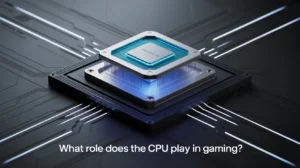
The CPU works like the brain of your computer in gaming. It handles game logic, player actions, background tasks, and communicates with the graphics card. A strong CPU makes games run smoother, faster, and with fewer lags.
Also Read: What does the CPU light mean? Inspect the Light!
Why Is the CPU Important for Gaming?
The CPU is important for gaming because it controls how the game runs. It manages game rules, character movements, and background processes. A powerful CPU gives better frame rates, smoother gameplay, and faster loading times.
Also Read: What does CPU opt mean? Read Now!
How Does CPU Speed Impact Gaming Experience?
CPU speed decides how quickly your computer can process game data. A faster CPU makes the game run smoother, reduces lag, and improves frame rates. Slow CPU speed can cause stuttering, delays, and poor performance in modern games.
Also Read: What is a good CPU temp for gaming? Check Temps Often!
How Do CPU Cores and Threads Affect Gaming?
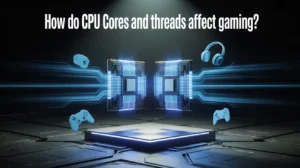
CPU cores and threads help the processor handle many tasks at the same time. More cores and threads mean the CPU can manage game actions, background apps, and graphics more smoothly. This gives better performance in modern games.
Also Read: What is cpu opt header? Complete Guide 2025!
How Does CPU Performance Affect Gaming FPS?
CPU performance directly impacts gaming FPS (frames per second). A strong CPU can process game data faster, which gives higher and smoother FPS. If the CPU is weak, it can limit the graphics card and cause low FPS or stuttering.
Also Read: What is CPU utilisation? Check Utilisation Regularly!
Why Is CPU Clock Speed Crucial for Gaming?
CPU clock speed shows how fast the processor can complete tasks each second. Higher clock speed means the CPU can handle game data quickly, giving smoother gameplay and better FPS. Low clock speed can slow down game performance.
Also Read: Why does Chrome use so much CPU? Close extra tabs!
How Do CPU and GPU Work Together in Gaming?
The CPU and GPU work as a team in gaming. The CPU handles game logic, physics, and background tasks, while the GPU creates the graphics you see on screen. When both work together smoothly, games run faster and look more visually appealing.
Also Read: How to check if the CPU is overclocked- Check CPU Speed!
What Is the CPU’s Role in Gaming Graphics?
The CPU does not create graphics directly, but it prepares the data for the GPU. It handles things like game physics, object movement, and instructions, then sends them to the GPU. A faster CPU helps the GPU show graphics smoothly.
How Does CPU Cache Memory Affect Gaming?
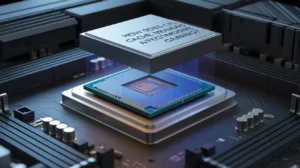
CPU cache memory is a small, fast memory inside the processor. It stores important game data for quick access. More cache helps the CPU work faster, reduces delays, and makes games run smoother with better performance.
FAQs:
1. What happens if my CPU is too weak for modern games?
If your CPU is weak, modern games may run with low FPS, lag, or even freeze. It struggles to handle game logic, background tasks, and player actions at the same time.
2. Can upgrading a CPU improve performance in old games?
Yes, upgrading a CPU can improve performance in old games. Many older games depend more on CPU than GPU, so a faster processor can reduce lag and give smoother gameplay.
3. Does every game need a powerful CPU?
No, not every game needs a very strong CPU. Heavy open-world or multiplayer games use more CPU, but lighter or GPU-focused games can run fine on a mid-range processor.
4. Is a CPU more important than a GPU for gaming?
No, in most cases GPU is more important for graphics quality, but the CPU is still needed for smooth performance. A balanced CPU and GPU together give the best gaming experience.
5. Can a slow CPU cause stuttering even with a good graphics card?
Yes, a slow CPU can cause stuttering or frame drops even if you have a powerful graphics card. The CPU may not keep up with the GPU’s speed, creating bottlenecks.
Conclusion:
How does a CPU affect gaming? It makes games run smoothly, fast, and stable. A powerful CPU boosts FPS, reduces lag, and works with the GPU for the best results. Without a good CPU, even strong graphics cannot perform well. Always choose a CPU that matches your gaming style and budget.

